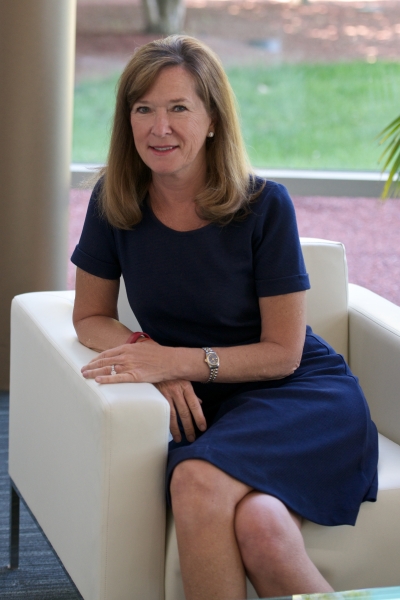
The complexities of everyday life can be overwhelming — work, school, kids’ activities, friends and family obligations. As parents, we’re pulled in many directions. At the same time, we worry about our kids’ future. What can parents who have already raised their kids tell us about living a life well-lived and helping our children find success and happiness?
Nurture your kids’ nature.
In a recent television interview, Judge Judy Sheindlin noted that everyone has natural talents. By nurturing and cultivating what they’re good at as children, people can find their passion and a way to make a living when they’re older.
“As a parent, you’re supposed to figure out what your children do naturally best — what they’re naturally adept at — and nurture that so that they always have a feeling of confidence,” Sheindlin said.
As parents, we have the most influence on our kids as they grow up. Our job is to nurture our children’s natural talents, to discover who they already are and encourage who they’re becoming. While popular culture and friends influence your children’s actions and behaviors, parents and grandparents can give kids a solid foundation to build resilience and hope for the future.
What does living a life well-lived really mean? It means using your talents to create an environment that sustains and motivates you. It’s having champions who support and coach you throughout your lives to use your talents. Fortunately, parents can directly influence those elements of success for their children.
Don’t waste time trying to fix your kids’ — or your own — weaknesses.
Conventional wisdom tells us that we have to fix our weaknesses. We have to keep trying — or try harder — at something we’re not good at so that we can eventually turn it into a strength. But that doesn’t work. Strengths are not the opposite of weaknesses, and you can’t turn your weaknesses into strengths. No matter how hard you work at trying to conquer your weaknesses, the best you will become in an area of weakness is mediocre. You can accomplish much more by improving on a talent than by trying to fix a weakness.
When it comes to our kids, we’re hyperaware of where they stumble — whether it’s academically, socially, emotionally or physically. But instead of focusing on their weaknesses, we need to encourage our children to pour their time and energy into their areas of talent so they can become extraordinary.
That’s not to say that if your kids aren’t great at English or math, they don’t need to pass their required literature or algebra classes. They do need to practice and study to be proficient in certain areas to get to the next level. At the same time, they need to find things that interest them and that they’re good at so they can experience success and gain confidence. The key is managing weaknesses so they don’t become obstacles to excellence.
The best thing you can do is challenge your children in a way that inspires them to work toward growth and success. When we raise children as individuals and build their unique talents into strengths, we shape a better future.
Know your own strengths so you can champion your children’s strengths.
To understand and develop your kids’ talents, first you need to understand your own talents. Knowing your own talents and strengths increases your awareness and ability to spot what your kids do best naturally.
Strengths Based Parenting includes two unique access codes to identify talents — one recommended for parents and children 15 and older and one for kids aged 10-14. For children younger than 10, parents can use the Strengths Spotting method outlined in the book.
When you understand your unique talents, life becomes more fulfilling and easier. By having a common language to describe what you and your kids do best naturally, communication and collaboration become easier too.

Mary Reckmeyer, Ph.D. is Executive Director of the Donald O. Clifton Child Development Center, which has received national attention for excellence in early childhood education. She has written books for children and parents. Her most recently published book Strengths Based Parenting: Developing Your Child's Innate Talent empowers parents to embrace their individual parenting style by discovering and developing their own — and their children’s — talents and strengths.
Mary is a former preschool and elementary teacher who holds degrees in educational psychology and education. Her research focus is on youth strengths development, educational programming, and lifespan development.